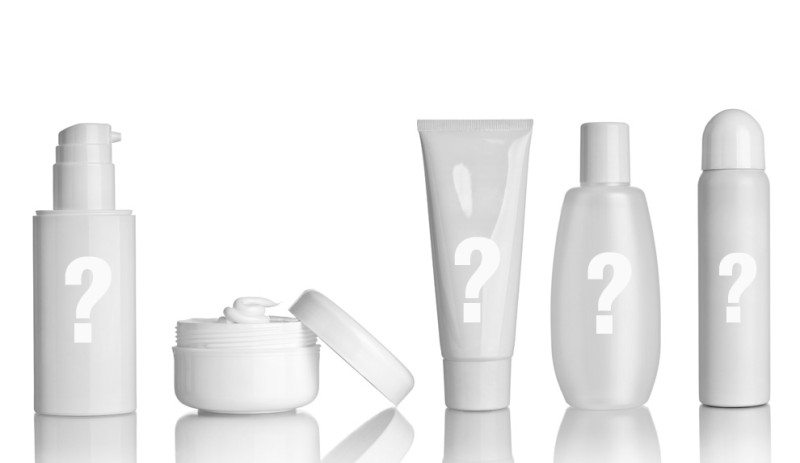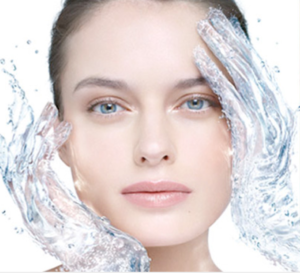Typical Skin Care Products Contain Damaging Chemicals

In the United States, products like soap, makeup, perfume, and hair care products mostly consist of chemicals that can cause damage to your body. The extent of the damage seems to be an ongoing investigation – until now.
A new study, published in Environmental Health Perspectives, from the University of California, Clinica de Salud del Valle de Salinas (a local health clinic), and the Health and Environmental Research on Makeup of Salinas Adolescents (HERMOSA) (a collaborative project between the university and the Chamacos Youth Council), found that typical personal care products overload the body with large amounts of endocrine.
 The Study
The Study
Participants of the study, 100 teen girls, stopped using their typical personal care products for three days and, instead, used products that were labeled “free of toxic chemicals”. Lead author Kim Harley, stated that young women were the target of this study because “women are the primary consumers for many personal care products [and] they may be disproportionately exposed to these chemicals. Teen girls may be at a particular risk, since it’s a time of rapid reproductive development, and research has suggested that they use more personal care products per day than the average adult women.”
Results
After the three day study period, researchers collected urine samples fromeach participant and found that “halting the use of typical personal care products led to a significant decrease in endocrine – disrupting chemical levels”. Metabolites of diethyl phthalate (found in perfumes) decreased by 27 percent; methyl and propyl parabens (found in cosmetics) dropped by 44% and 45%, respectively; and triclosan (found in antibacterial soaps and toothpaste) and benzophenone-3 (found in sunscreen) fell by 36%.
“One of the goals of our study was to create awareness among the participants of the chemicals found in everyday products, to help make people more conscious about what they’re using,” said Maritza Cárdenas, one of the teen researchers who is now an undergraduate student at UC Berkeley. “Seeing the drop in chemical levels after just three days shows that simple actions can be taken, such as choosing products with fewer chemicals, and make a difference.”
So, this new development begs the question – what should you look for in skin care and hair care products? Naturopathic Doctor, Mariesette Zeyl, of InVite® Health, advises to look for these natural ingredients in your skincare products: Vitamin C, Vitamin A, Aloe Vera, Shea Butter, and Mango Butter. Dr. Mariesette Zeyl’s rule of thumb: if you can’t pronounce it, then it probably isn’t good for you!
Source: http://www.medicaldaily.com/